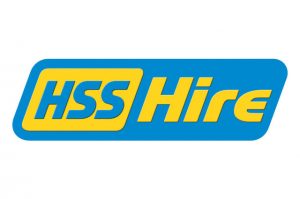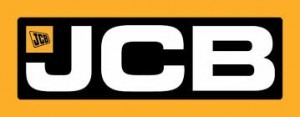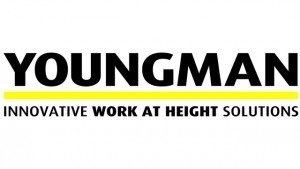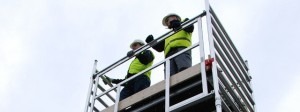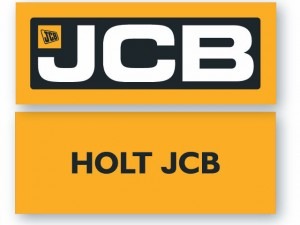This year was never likely to be an easy one for Speedy Hire after it released two profit warning, lost half its market value and let its chief executive go, but the tool hire company revealed annual results substantially worse than what analysts had anticipated.
The Liverpool-based company suffered a pre-tax loss of £57.6m in the year to March, down from a profit of £2.1m last year, and significantly wider than the £1.4m loss forecast by analysts, according to a Reuters average.
The company’s revenue fell 12.2 per cent to £329.1m.
It was also hit by a series of impairment charges totalling £59.9m, largely relating to goodwill write-downs on acquisitions made in 2006 and 2007.
During the year the company was beset by a number of issues, including a lack of available equipment, and poor service caused by the chaotic implementation of a new IT system. And a focus on “strategic accounts” came “at the expense” of small business customers, it explained during the course of the year.
Despite the large loss, the company put on a brave face and struck an upbeat tone for the future. Speedy’s new chief executive, Russell Down, the replacement for Mark Rogerson who left when the company issued a profit warning that triggered a share price collapse in July, said:
We have restructured the business, cut overheads to more closely align them with revenues, enhanced the management information generated from our systems and improved our cash performance. We are now starting to see an improvement in our culture and greater efficiencies throughout our operations.
The business is starting to respond positively to the actions we are undertaking. With a renewed focus on sales, tighter overhead control and better management information with which to manage return on capital we are creating a solid platform for the future.
Rahim Karim, an analyst at Liberum, suggested the future could indeed be brighter for Speedy Hire:
However, Andrew Brooke at RBC struck a more cautious tone. He said:
Whilst remedial action appears on track, it is early days and we see risks remaining high, until the revenue decline can be arrested.
